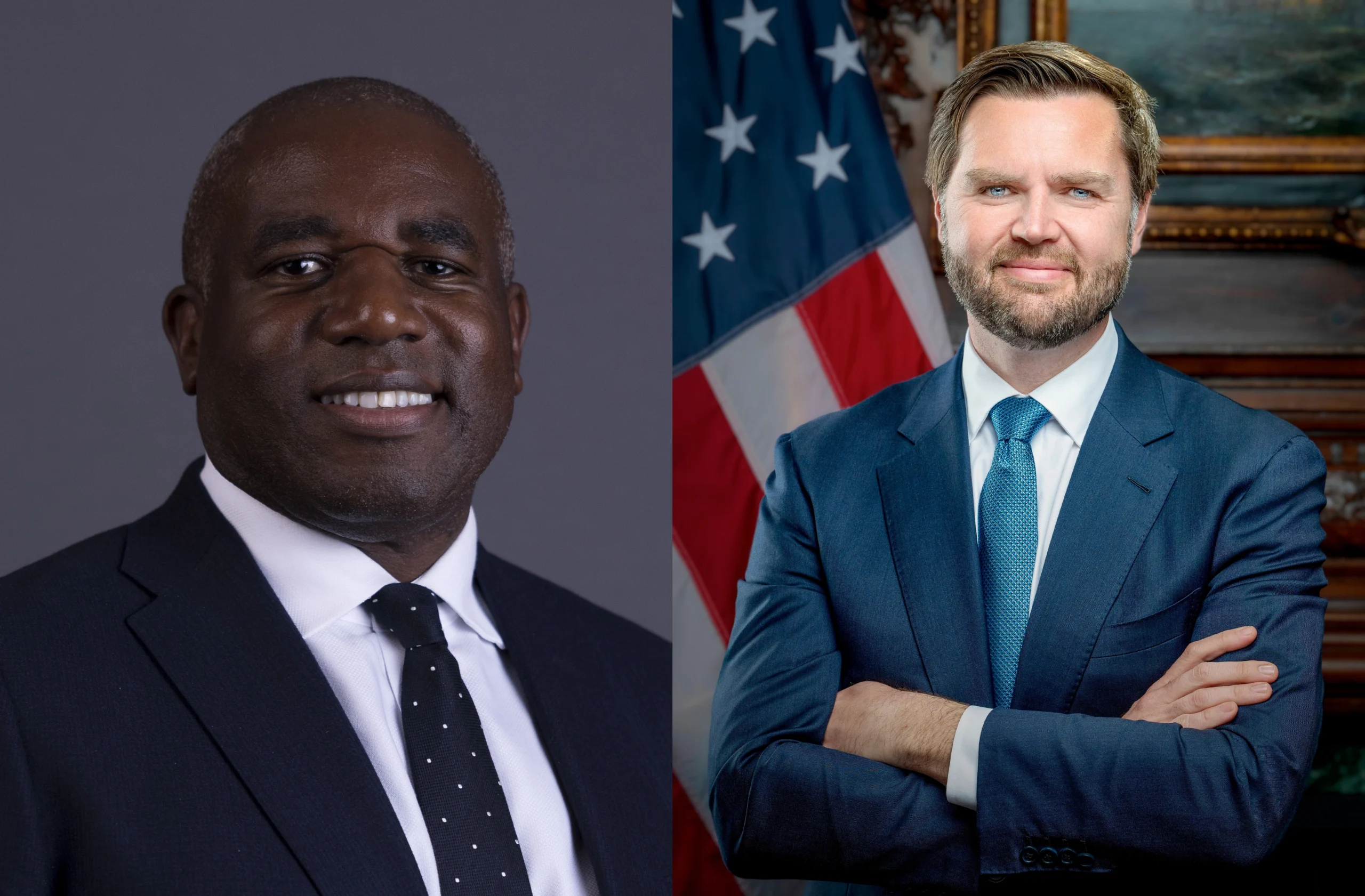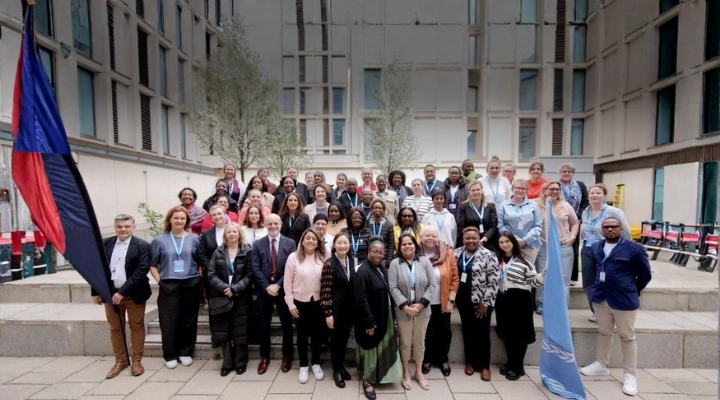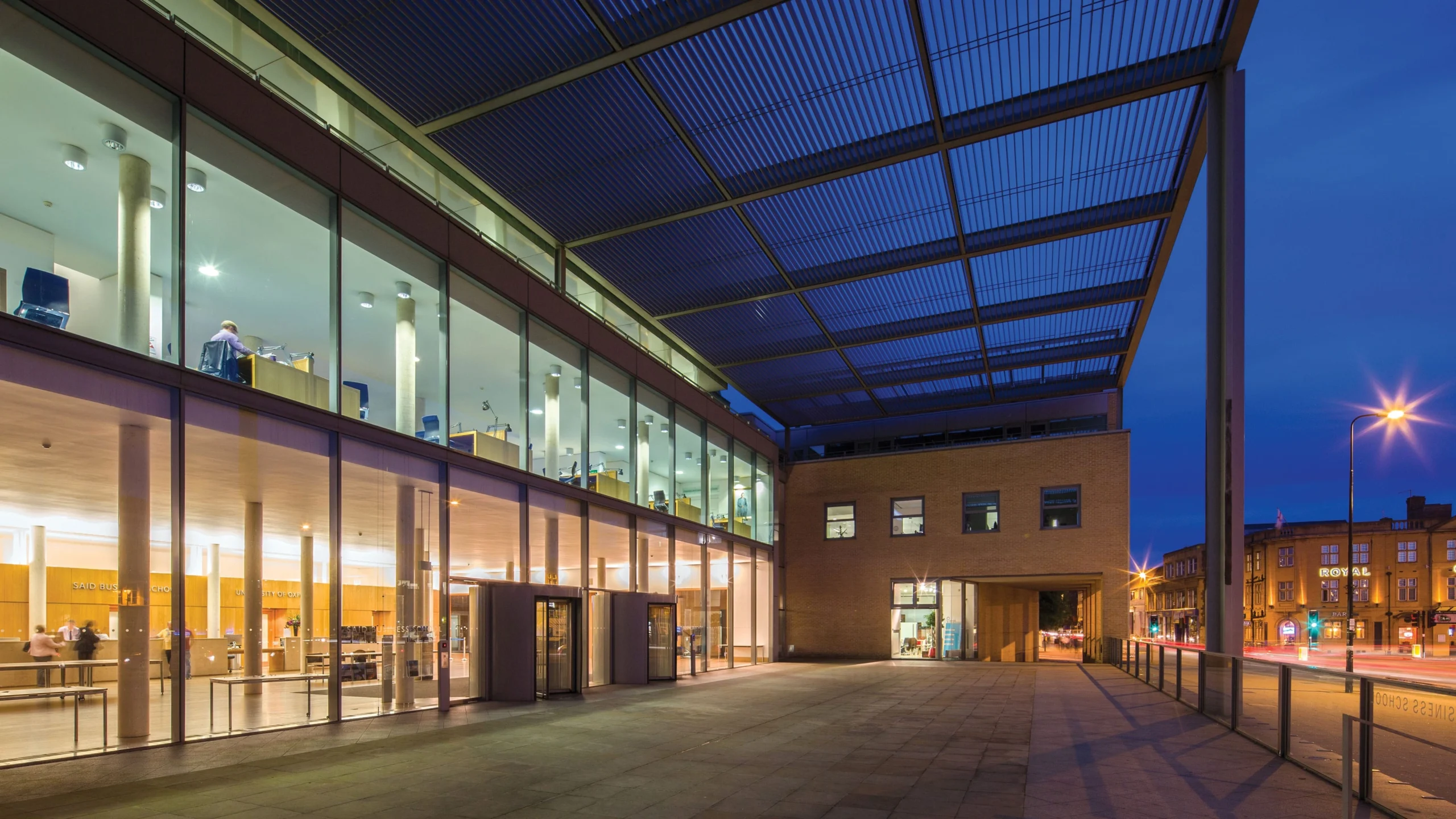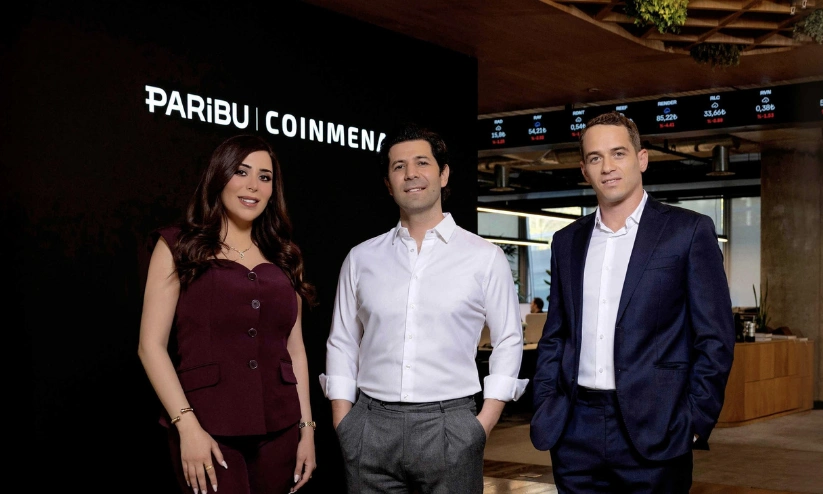Venice ‘more popular than ever’ despite €5 tourist tax

John E. Kaye
- Published
- Business Travel, Home, News, Travel and Lifestyle

Venice’s plan to cut visitor numbers with a €5 access fee has spectacularly backfired after it emerged more tourists are flocking to the Italian city than ever before
The controversial entry charge was introduced last month in the hope of controlling the “unmanageable” volume of day trippers.
Tourists must pay €5 (£4.26) to enter the city’s historic centre on busy days until mid-July as part of the 29-day trial.
Overnight visitors are currently exempt from the entry fee as the tax is included in the accommodation charges of hotels and Airbnb rentals.
In high season, more than 80,000 visitors flock to St Mark’s Square and Venice’s other attractions. By comparison, the city has just 49,000 permanent residents.
But nearly a month on, the plan has been branded a “total failure” after revenue data showed visitor numbers are on the rise compared to the same period in previous years, according to The Independent.
In a press conference on Monday, opposition councillor Giovanni Andrea Martini, architect Franco Migliorini and Enrico Tonolo, the head of a Venice residents’ association, questioned the purpose of the ticketing system.
Mr Martini said: “A month after the introduction of the ticket, the data shows that the contribution has been useless, so much so that even the municipal administration has had to admit that the revenue from the €5 payments has far exceeded expectations, meaning more tourists have arrived.”
Concerns were also raised about the number of apartments that were being used for tourist accommodation.
“Venice suffers from social desertification. There are whole districts that have been emptied of Venetians. If this trend continues then it is a mathematical certainty that the city will die,” Mr Martini added.
Simone Venturini, the councillor responsible for tourism, reportedly defended the scheme but admitted the entry fee may be too low, according to The Times.
He said: “We are not going to curb tourism in 15 days.
“This is a long-term project and we may increase the price next year so it is too soon to talk about results.”
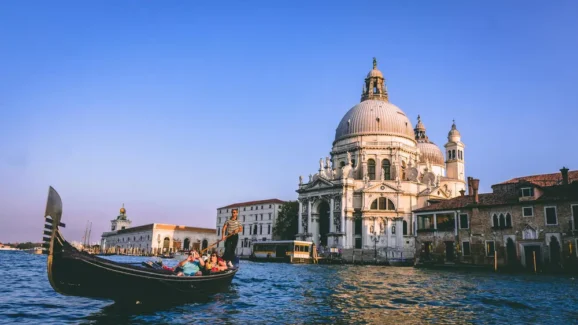
Main image photo by Son Tung Tran/Pexels
Sign up to The European Newsletter
RECENT ARTICLES
-
 The new Residence & Citizenship Planning supplement: out now
The new Residence & Citizenship Planning supplement: out now -
 Prague named Europe’s top student city in new comparative study
Prague named Europe’s top student city in new comparative study -
 BGG expands production footprint and backs microalgae as social media drives unprecedented boom in natural wellness
BGG expands production footprint and backs microalgae as social media drives unprecedented boom in natural wellness -
 The European Winter 2026 edition - out now
The European Winter 2026 edition - out now -
 Parliament invites cyber experts to give evidence on new UK cyber security bill
Parliament invites cyber experts to give evidence on new UK cyber security bill -
 EU sustainability rules drive digital compliance push in Uzbekistan ahead of export change
EU sustainability rules drive digital compliance push in Uzbekistan ahead of export change -
 AI boom triggers new wave of data-centre investment across Europe
AI boom triggers new wave of data-centre investment across Europe -
 Lammy travels to Washington as UK joins America’s 250th anniversary programme
Lammy travels to Washington as UK joins America’s 250th anniversary programme -
 China’s BYD overtakes Tesla as world’s largest electric car seller
China’s BYD overtakes Tesla as world’s largest electric car seller -
 FTSE 100 posts strongest annual gain since 2009 as London market faces IPO test
FTSE 100 posts strongest annual gain since 2009 as London market faces IPO test -
 Five of the biggest New Year’s Eve fireworks happening tonight — and where to watch them
Five of the biggest New Year’s Eve fireworks happening tonight — and where to watch them -
 UK education group signs agreement to operate UN training centre network hub
UK education group signs agreement to operate UN training centre network hub -
 Cornwall project to open new UK test airspace for drones and autonomous aircraft
Cornwall project to open new UK test airspace for drones and autonomous aircraft -
 Birding tourism market set for rapid growth through 2032, report finds
Birding tourism market set for rapid growth through 2032, report finds -
 Luxury travel market set to more than double by 2035 as older, wealthier travellers drive demand
Luxury travel market set to more than double by 2035 as older, wealthier travellers drive demand -
 UK and South Korea finalise upgraded free trade agreement
UK and South Korea finalise upgraded free trade agreement -
 Trump lawsuit against BBC raises questions over legal pressure on European public broadcasters
Trump lawsuit against BBC raises questions over legal pressure on European public broadcasters -
 UK government sets up Women in Tech taskforce amid gender imbalance concerns
UK government sets up Women in Tech taskforce amid gender imbalance concerns -
 Mycelium breakthrough shows there’s mush-room to grow in greener manufacturing
Mycelium breakthrough shows there’s mush-room to grow in greener manufacturing -
 Marriott strengthens South African portfolio with new Autograph Collection hotel in Cape Town
Marriott strengthens South African portfolio with new Autograph Collection hotel in Cape Town -
 Oxford to host new annual youth climate summit on UN World Environment Day
Oxford to host new annual youth climate summit on UN World Environment Day -
 Countdown to Davos 2026 as Switzerland gears up for the most heated talks in years
Countdown to Davos 2026 as Switzerland gears up for the most heated talks in years -
 Paribu buys CoinMENA in USD 240m deal as regional crypto markets consolidate
Paribu buys CoinMENA in USD 240m deal as regional crypto markets consolidate -
 AI innovation linked to a shrinking share of income for European workers
AI innovation linked to a shrinking share of income for European workers -
 African airspace overhaul set to shorten flight times for European travellers
African airspace overhaul set to shorten flight times for European travellers








